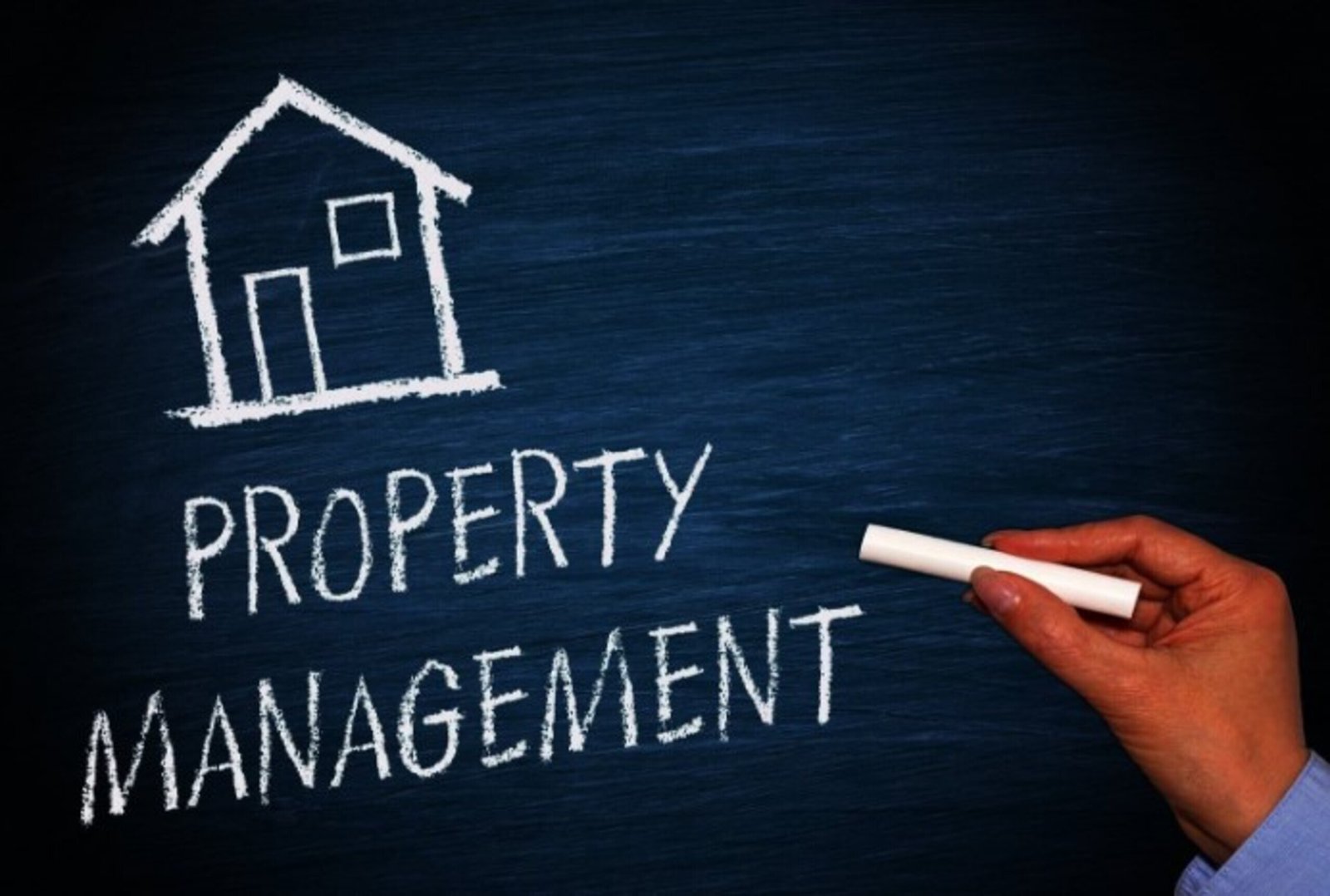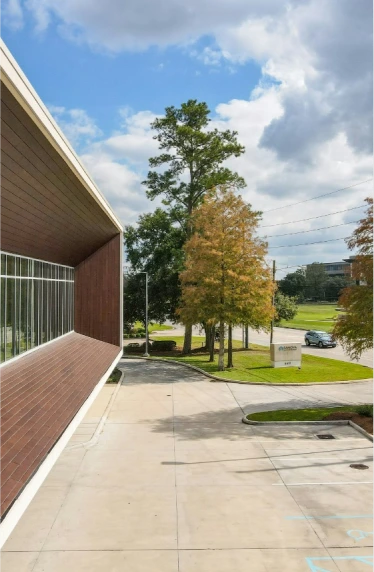What is Property Management? And Why You Need It
At Incompass, we believe that real estate is more than



At Incompass, we believe that real estate is more than just an investment. It is a place where we live our dreams, build our memories, and invest in our future. We are here to help you find the perfect place that fits your lifestyle and financial goals. Whether you are looking for your dream home, a stable investment, or a vacation property, our team of experts is committed to providing you with the best solutions.
In the realm of real estate investment, property management is an often overlooked yet crucial aspect. It encompasses a wide range of responsibilities, from tenant screening and rent collection to property maintenance and legal compliance. For landlords seeking to maximize their investment returns and minimize headaches, professional property management services can be invaluable. This comprehensive guide will delve into the intricacies of property management, exploring its benefits, key services, and the future of the industry.
Understanding Property Management

Property management, in essence, is the art and science of overseeing real estate investments. It involves managing various aspects of a property, from tenant relations to financial matters. While landlords can certainly manage their properties themselves, engaging a professional property manager can offer numerous advantages.
Property management services can be tailored to meet the specific needs of different types of properties, including residential, commercial, and industrial. Residential property management typically involves managing rental properties, while commercial property management focuses on office buildings, retail spaces, and industrial facilities. Industrial property management caters to warehouses, manufacturing plants, and other industrial properties.
A property manager acts as a liaison between property owners and tenants, handling a wide range of responsibilities. These responsibilities may include tenant screening, rent collection, property maintenance, lease administration, and legal compliance. By entrusting these tasks to a qualified property manager, landlords can free up their time and focus on other aspects of their investments.
Key Services Offered by Property Managers
Property managers provide a comprehensive suite of services that can significantly streamline the property management process. Some of the key services offered include:
- Tenant Screening and Selection: Property managers employ rigorous screening processes to identify reliable and responsible tenants. This involves conducting background checks, credit checks, and verifying rental history.
- Rent Collection and Disbursement: Property managers handle rent collection, ensuring timely payments and accurate record-keeping. They also disburse funds to property owners, landlords, and service providers.
- Maintenance and Repairs: Property managers oversee property maintenance, addressing routine repairs and maintenance issues promptly. They can also coordinate with contractors and vendors to ensure efficient and cost-effective repairs.
- Lease Administration: Property managers handle lease agreements, ensuring compliance with lease terms and addressing any disputes or issues that may arise.
- Legal Compliance: Staying up-to-date with landlord-tenant laws and regulations is crucial. Property managers can help landlords navigate legal complexities and avoid potential disputes.
Financial Management
Effective financial management is essential for successful property management. Property managers can assist landlords with:
- Budgeting and Financial Planning: Creating a financial plan that outlines expected income, expenses, and return on investment.
- Accounting and Bookkeeping: Maintaining accurate financial records, including income statements, balance sheets, and tax returns.
- Tax Management: Providing guidance on tax implications and ensuring compliance with tax laws.
- Insurance: Ensuring that the property is adequately insured to protect against unforeseen risks.
Tenant Relations
Building positive relationships with tenants is crucial for successful property management. Property managers can help landlords:
- Effective Tenant Communication: Establishing clear communication channels with tenants to address concerns and resolve issues promptly.
- Addressing Tenant Complaints and Issues: Resolving tenant complaints and disputes in a fair and timely manner.
- Tenant Retention Strategies: Implementing strategies to retain satisfied tenants and minimize tenant turnover.
Marketing and Leasing
Attracting quality tenants requires effective marketing and leasing strategies. Property managers can assist in:
- Property Marketing: Creating attractive property listings and promoting them through various channels.
- Listing Properties: Ensuring that properties are listed on popular rental platforms and real estate websites.
- Showing Properties: Scheduling property showings and presenting the property in the best possible light.
Property Inspections and Maintenance
Regular property inspections are essential for maintaining the property’s value and addressing potential issues. Property managers can:
- Regular Property Inspections: Conducting routine inspections to identify maintenance needs and ensure the property is well-maintained.
- Preventative Maintenance: Implementing preventative maintenance measures to avoid costly repairs and downtime.
- Emergency Maintenance: Responding promptly to emergency maintenance requests and coordinating repairs as needed.
Legal and Regulatory Compliance
Navigating the complex landscape of landlord-tenant laws and regulations can be challenging. Property managers can provide valuable guidance and ensure compliance with:
- Landlord-Tenant Laws: Understanding and adhering to local, state, and federal landlord-tenant laws.
- Fair Housing Laws: Complying with fair housing laws to prevent discrimination based on protected characteristics.
- Local Regulations: Staying informed about local regulations and ordinances that may affect property management.
Property Management Software
In today’s digital age, property management software can streamline operations and improve efficiency. These tools offer a variety of features, including:
- Tenant Management: Tracking tenant information, rent payments, and communication.
- Accounting and Bookkeeping: Managing financial records, including income statements and balance sheets.
- Marketing and Leasing: Creating property listings, scheduling showings, and tracking tenant applications.
- Maintenance Management: Tracking maintenance requests, scheduling repairs, and managing vendor relationships.
The Future of Property Management
The property management industry is constantly evolving, with new technologies and trends emerging. Property managers must stay informed about these developments to remain competitive and provide the best possible service to their clients.
Some emerging trends in property management include:
- Technology Integration: Incorporating property management software and other digital tools to streamline operations.
- Data Analytics: Leveraging data analytics to gain insights into tenant behavior, property performance, and market trends.
- Sustainable Practices: Implementing sustainable practices to reduce environmental impact and attract eco-conscious tenants.
Property management is a multifaceted field that requires a combination of administrative skills, financial acumen, and strong interpersonal abilities. By hiring a qualified property manager, landlords can free up their time, reduce stress, and maximize their investment returns. A successful property management partnership is built on trust, communication, and a shared commitment to achieving mutual goals.


